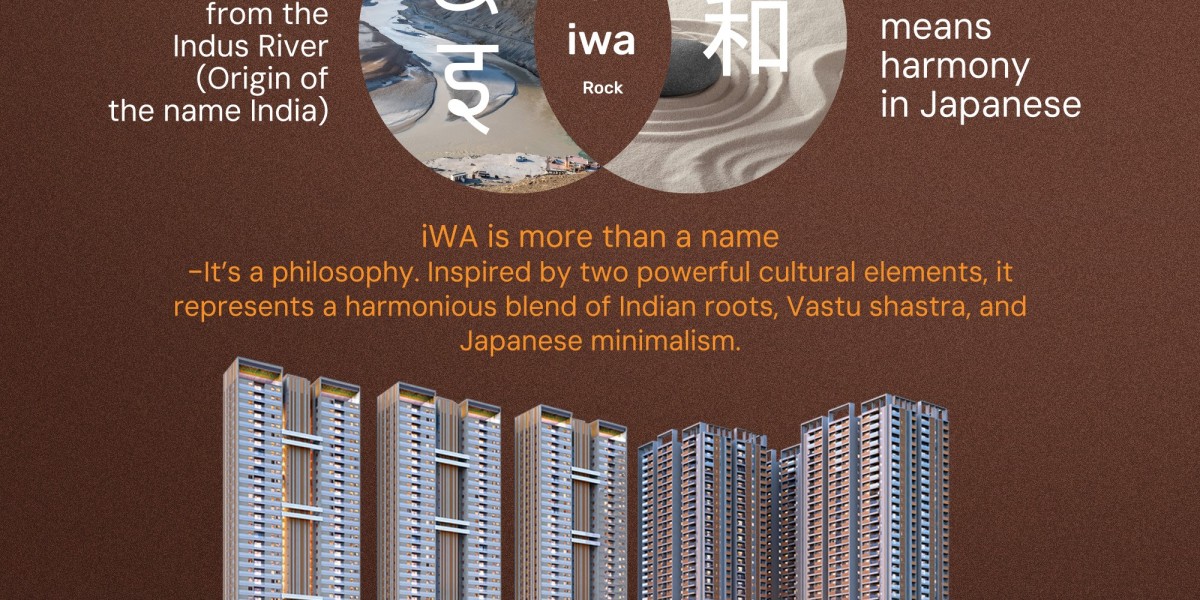As the global food market grows, consumers and businesses are placing more value on transparency, safety, and ethical standards. One certification that continues to gain worldwide recognition is the Globally Acceptable Kosher Certificate. What once served primarily a religious purpose has now become a symbol of trust and quality across all cultures and regions.
What Does a Globally Acceptable Kosher Certificate Mean?
A kosher certificate ensures that food has been prepared following Jewish dietary laws. However, a Globally Acceptable Kosher Certificate goes further—it means the certification is issued by an agency whose standards and processes are accepted worldwide. This includes regular inspections, ingredient checks, and compliance with both religious and modern food safety regulations.
Certifying bodies like Kosher Certification are known for upholding these strict standards. Their certification is trusted in key markets such as the U.S., UK, Israel, and the UAE. Whether a company is manufacturing snacks, beverages, or packaged meals, holding this level of certification makes products more competitive on the global stage.
Why Kosher Certification Is Valuable to Your Brand
More consumers are reading labels and choosing products based on dietary needs and lifestyle values. A globally acceptable kosher certificate offers reassurance—not only to Jewish consumers but also to those who associate kosher with cleanliness, quality, and accountability.
For businesses, the advantages are clear. Kosher-certified products often gain easier access to supermarket chains, international distributors, and export approvals. Even customers who aren’t familiar with kosher laws see the certification as a sign that a brand takes quality seriously.
By working with respected certifiers like Kosher Certification, brands can demonstrate their commitment to transparency and build trust across a broad customer base.
Steps to Becoming Certified
To obtain a kosher certificate, businesses must apply through an approved agency. The process typically involves reviewing ingredients, evaluating production methods, and inspecting the facility. If everything meets kosher requirements, the company receives a certificate, valid for one year and supported by ongoing audits.
Conclusion
A Globally Acceptable Kosher Certificate is more than just a compliance badge—it’s a strategic move for food brands aiming to grow internationally. It reflects care, quality, and integrity—values that resonate with today’s global consumers.







